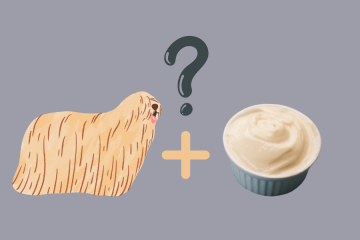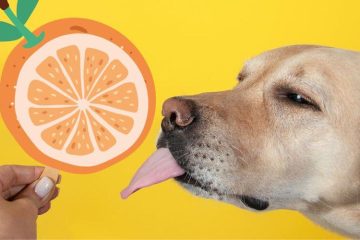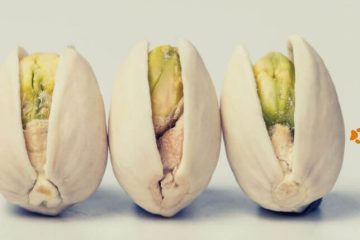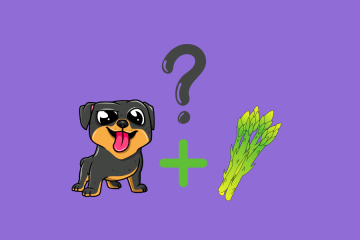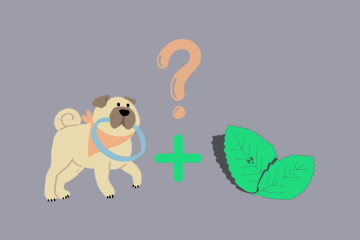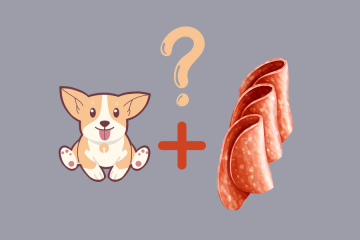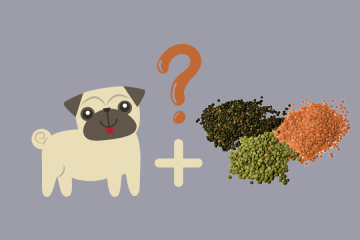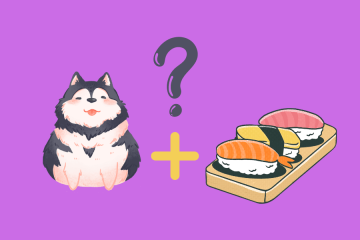Key Takeaways
- Do dogs get hiccups? Yes! Dogs can get hiccups.
- This happens when they eat or drink too fast, are anxious, have gastritis, or are teething.
- If your dog has occasional hiccups, it is not a big deal. But if it happens a lot, there might be another problem.
- Home remedies for hiccups include giving the dog water while holding its muzzle closed gently, feeding it sugar teaspoonfuls, massaging its neck area & startling it with loud noises.
What Are Hiccups?
Hiccups, medically known as singultus, are involuntary reflex, or spasm, of the diaphragm. When the diaphragm (a sheet of muscle that separates the chest from the abdomen) contracts, it pulls air into the lungs, causing a sudden closure of the vocal cords, which then produces the characteristic hiccup sound.
The purpose of hiccups is still unknown, but there are a few theories about why they happen. One theory is that they help keep the digestive system clean by removing excess air from the stomach. Another approach is that hiccups are a reflex response to something that irritates the diaphragm.
What Is the Cause of Hiccups?
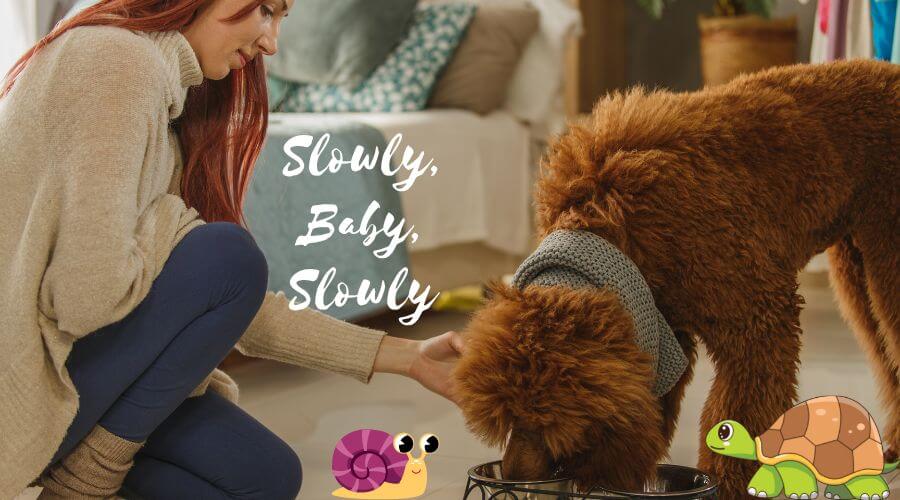
Hiccups can be caused by many things such as eating or drinking too quickly, drinking carbonated beverages, smoking cigarettes, and even stress. They can also occur as a result of another medical condition. But why do dogs get hiccups?
Hiccups in adult dogs are often caused by the same things that cause them in humans. However, there can be other causes specific to dogs. Some of these include eating too fast, drinking too much water after exercise, anxiety, and gastrointestinal issues such as gastritis.
What Are Puppy Hiccups?
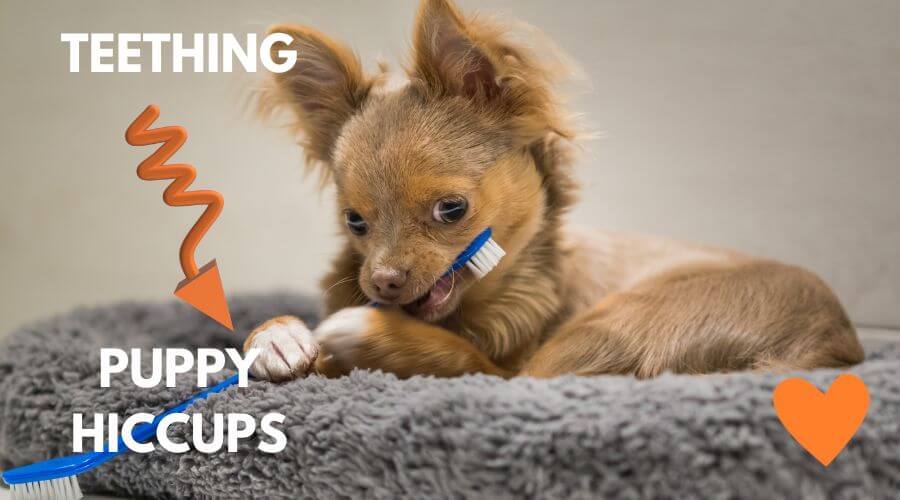
Puppy hiccups are a common occurrence and tend to show up most often when puppies are teething due to the increased swallowing of saliva. They usually last for a day or two and then disappear on their own. The hiccups usually last for a few minutes and then go away on their own. If your puppy’s hiccups are persistent or seem to be causing him discomfort, you should consult with your veterinarian.
Our Reader’s Story
Bon Jovi is my adventurous pup who likes to live life to the fullest. But one day, his enthusiasm for trying new things got him into a bit of trouble when he indulged in too many treats and spent hours hiccuping!
After eventually tiring out from all that excitement, Bon Jovi decided never again to go overboard with snacks – at least not without someone there to remind him of what happened this time around… Hic Hic Hic Uuuuuup! Look at this adorable Corgi below!
Should You Be Concerned If Your Dog Has Hiccups?
Don’t worry! If your dog has occasional hiccups, there is no need to be concerned. However, if your dog has persistent or chronic hiccups, it could be a sign of an underlying medical condition, and you should take them to see a veterinarian. Worse yet, if the hiccups are accompanied by vomiting, diarrhea, or other signs of illness. In rare cases, dog hiccups can signify something more serious. Here are some of the most common illnesses that cause hiccups in dogs.
- Problems with the liver, such as cirrhosis. This is because the liver is responsible for producing a hormone called “acetylcholine”, which helps to control the diaphragm muscle. When the liver is damaged, it can’t produce enough acetylcholine, which can lead to hiccups.
- Pancreatitis. There are a few ways that pancreatitis can cause hiccups. One is that the inflammation from pancreatitis can cause irritation of the vagus nerve, which is responsible for the hiccups. Additionally, if there is any damage to the pancreas caused by pancreatitis, it can lead to problems with the production or digestion of certain enzymes, which can also lead to hiccups. Finally, if the pancreatitis is severe enough, it can lead to a condition called shock, which can also cause hiccups.
- While it’s not common, hiccups can be caused by poisoning. If someone ingests a poison that affects the nervous system, it can trigger hiccups. This is because the poison disrupts the normal function of the nervous system, which can cause the diaphragm to spasm and produce hiccups. Hiccups may also be a way for the body to try and expel the poison from the system.
- Tumors. While the correlation between hiccups and tumors is still not fully understood, it is suspected that the tumor of the brain or spinal cord can irritate or compress the part of the brain that controls the diaphragm, leading to hiccups. Tumors can cause hiccups in a few more ways. For example, tumors can place pressure on the diaphragm, which can lead to hiccups. Alternatively, tumors can produce hormones or other chemicals that can irritate the nerves and muscles involved in hiccupping. Finally, tumors can also cause changes in the blood flow to the diaphragm, which can lead to hiccups.
Remember that in most cases, hiccups are nothing to worry about, and you should only be alarmed if your dog gets the hiccups way too often. Don’t hesitate to talk to your veterinarian about your doubts.
How to Help Your Dog Get Rid of Hiccups?
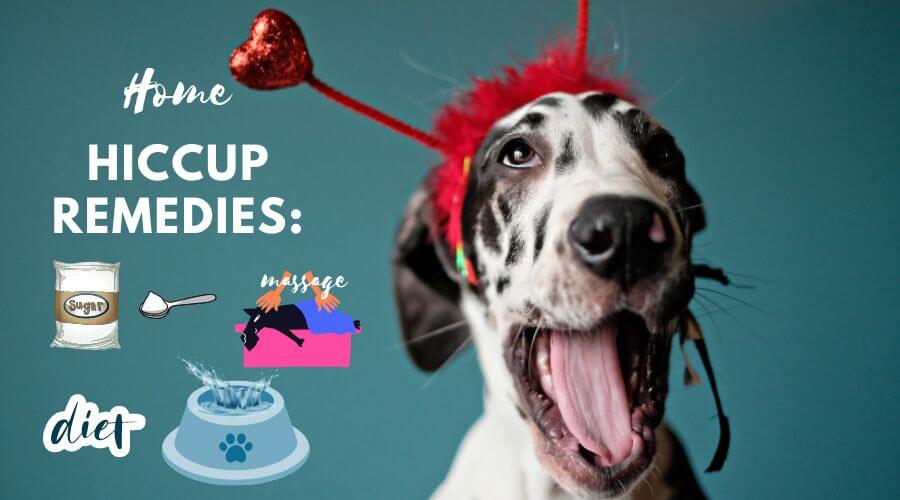
Do dogs get hiccups and how to stop them? You can do several things to try to stop a bout of hiccups in your dog.
- One is to have them drink a small amount of water while you gently hold their muzzle closed. Swallowing the water helps to stop the spasms in the diaphragm that are causing the hiccups.
- Another is to give them a teaspoon of sugar, which will activate the salivary glands.
- You can also try massaging their neck or trying to startle them by making a loud noise, as the sudden movement breaks the rhythm of the hiccups and disrupts the spasms that are causing them.
- Another theory is that the surprise distracts the person from the hiccups, allowing them to relax and stop hiccupping. If these home remedies do not work, your dog may need medication prescribed by a veterinarian.
Do Dogs Get Hiccups? Final Thoughts
Hiccups are a common occurrence in both humans and dogs. In most cases, they are not a cause for concern and will go away on their own. However, if your dog has persistent or chronic hiccups, it is best to take them to see a veterinarian to rule out any underlying medical conditions.
There are also several home remedies you can try to cure your dog’s hiccups. Whatever the cause, hiccups are not something to be taken lightly and should always be addressed by a medical professional.
Frequently Asked Questions
Do Dogs Get Hiccups While Sleeping?
Dogs can get hiccups while sleeping due to their relaxed breathing muscles, which can cause temporary contractions of the diaphragm. These contractions are harmless, but they can cause dogs to jerk awake abruptly.
Can Dog Seizures Look Like Hiccups?
Focal seizures can be deceptive: despite appearing superficially similar to hiccups on the surface, they are in fact distinct neurological events occurring deep within the brain. Appearances can certainly be deceiving!
Can Hiccups Make Dogs Sick?
Dog hiccups are usually harmless, however they can be a sign of something being wrong. If your dog is hiccupping and exhibiting any other symptoms such as stomach issues (constipation, vomiting, diarrhea or loss of appetite), breathing problems (coughing, sneezing or heavy breathing) or parasites (fatigue and dark hard stools), get them to the vet immediately.
Do Dogs Get Colds?
Yes, definitely! They can get a cold, sneeze and cough just like us humans. Read more about dogs getting a cold and stay safe!
Lucas Taylor is a veterinary assistant, freelance journalist and single dad who lives in the suburbs with his three pups: Ruby, Nala, and Woody. He has one cat named Pepper. When he’s not writing articles or working at the vet clinic, Lucas loves cooking French cuisine for himself and friends at home. One of Lucas’ favorite things to do is paddleboard with his son Noah and their canine companions. Pepper is the homebody of the bunch – she loves chilling on the couch.

